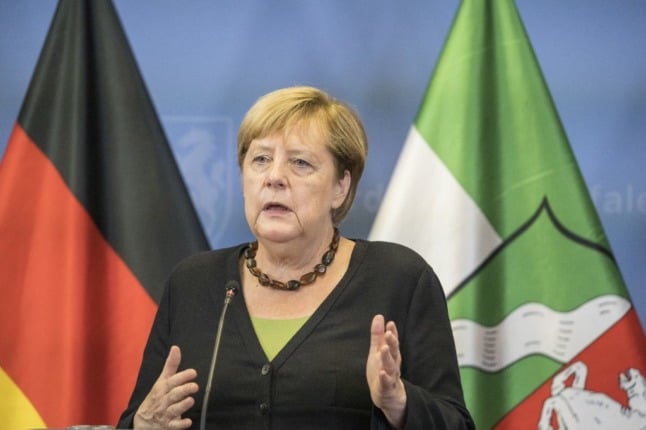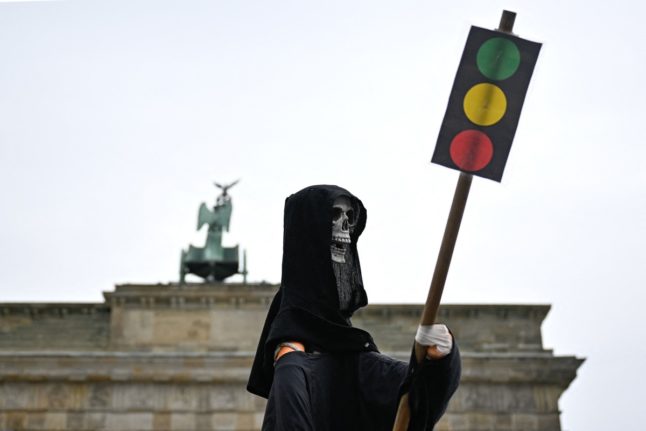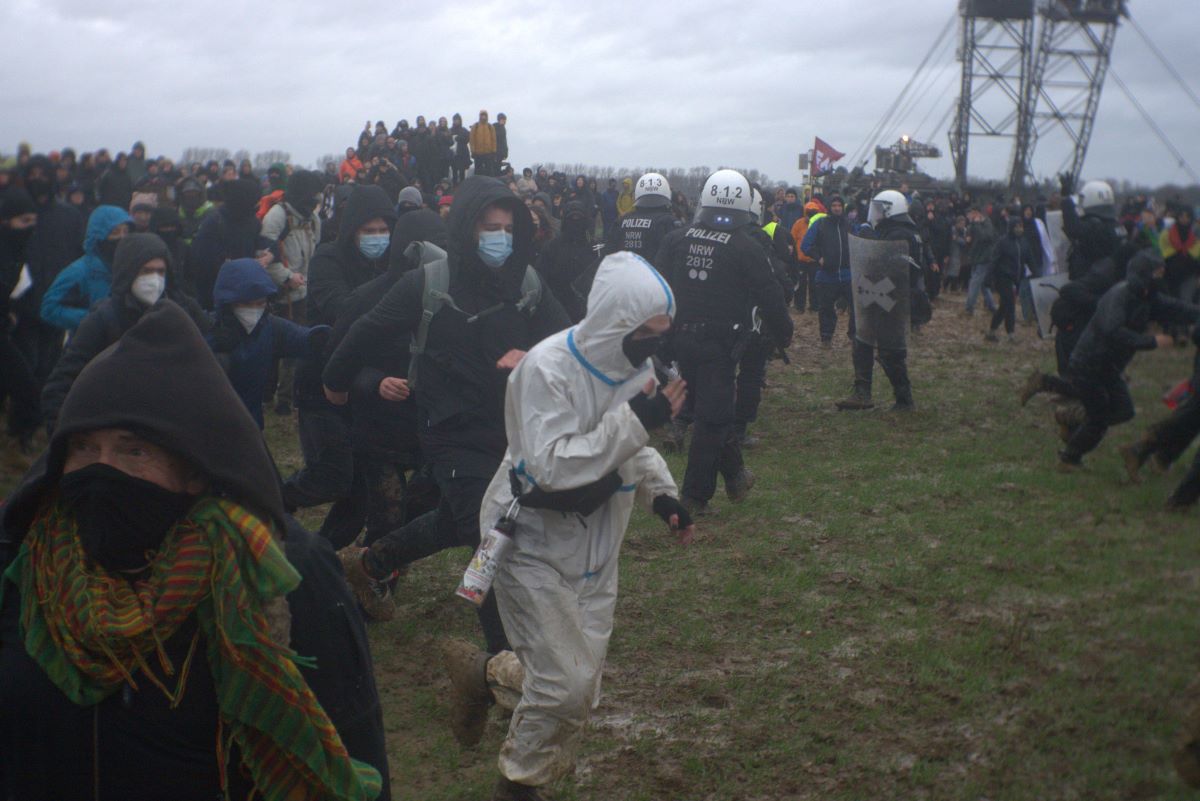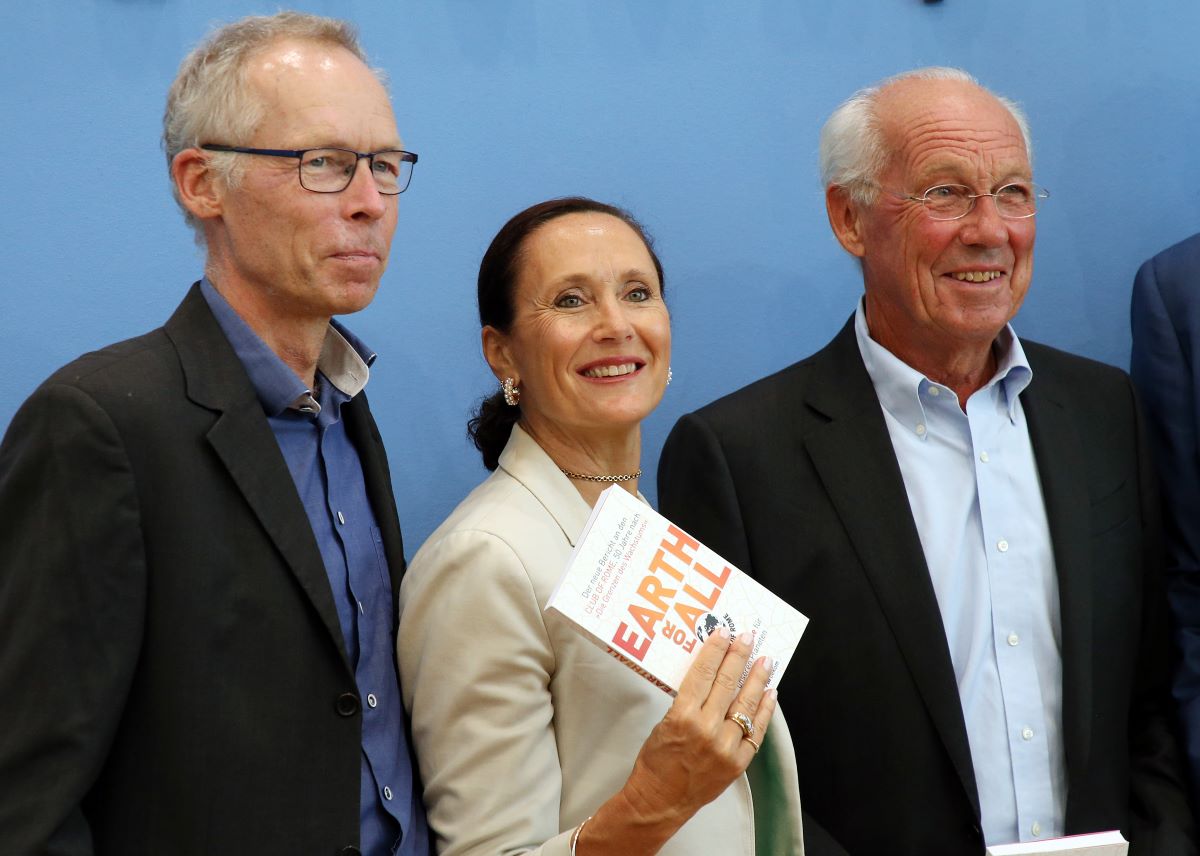“We simply have to talk to the Taliban about how we can get people who have worked for Germany out of the country and bring them to safety,” Merkel told a press conference in North Rhine-Westphalia state.
“They are the ones we have to talk to now. We want to get people out of the country who have worked for German development organisations in particular and who now feel threatened,” Merkel said.
The Taliban swooped into power in Afghanistan three weeks ago, prompting a hurried effort by Western states to evacuate their citizens and Afghans who had worked for their armies and aid organisations.
Facing the challenge of morphing from insurgents to rulers, the Taliban appear determined to snuff out fighting in the Panjshir valley before announcing who will lead the country in the aftermath of last week’s US troop withdrawal.
Afghanistan’s new rulers have promised a more “inclusive” government that represents Afghanistan’s complex ethnic make-up — though women are unlikely to be included at the top levels.
While the West has adopted a wait-and-see approach to the group, there are some signs of engagement with the new leaders gathering pace.
Earlier on Sunday, Taliban chief spokesman Zabiullah Mujahid had told the Welt am Sonntag newspaper that the Taliban wanted “strong and official diplomatic relations with Germany”.
The Taliban would also like financial support, humanitarian aid and cooperation in health, agriculture and education from Germany, as well as other countries.
Mujahid also said that Germans were always welcome in Afghanistan.





 Please whitelist us to continue reading.
Please whitelist us to continue reading.
Member comments